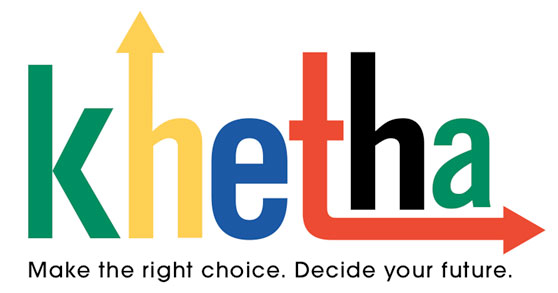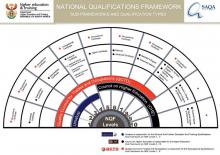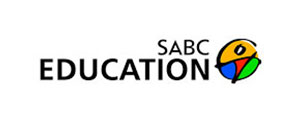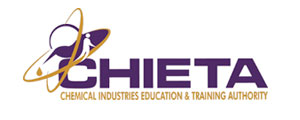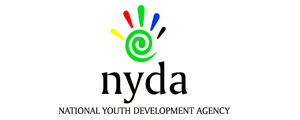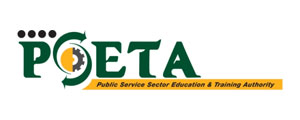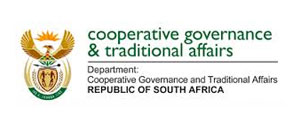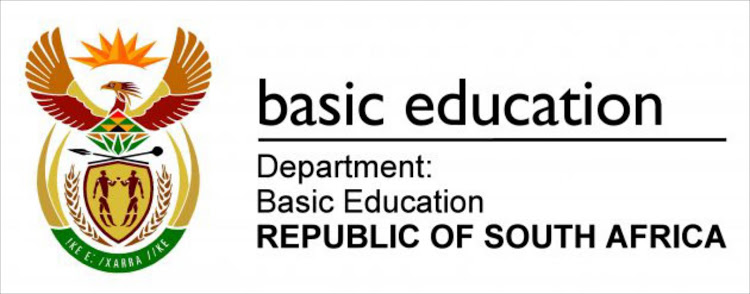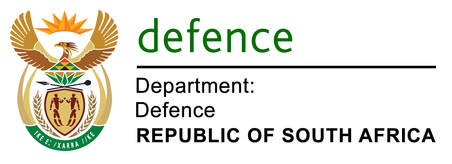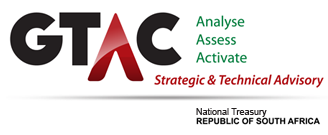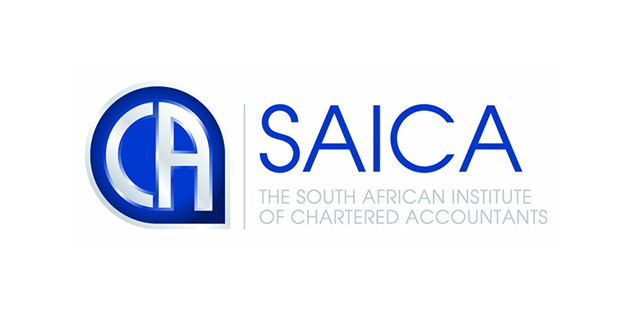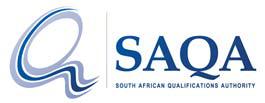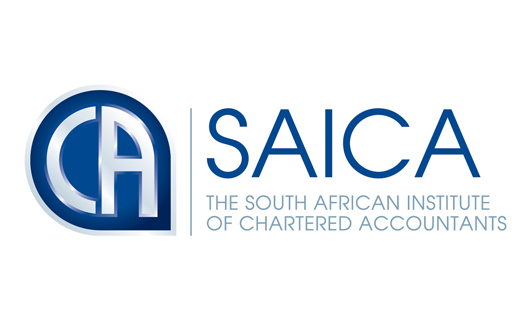Articulation
Articulation in the field of higher education and training focuses on qualifications and how one navigates their way to different levels on the NQF. When we speak of articulation in the career or employment aspect, we will be focusing on the manner in which one navigates their career. Articulation can occur due to different factors and stimulus, one may be influenced by their career plan or new developments in their industry or change of interest. There are different ways one may articulate in, it can be academic or non-academic.
Academic articulation
This form of articulation is focused on one’s level of education. You can articulate in different ways to end up achieving your desired career goals. You can articulate the traditional way where you get a qualification higher on the National Qualifications Framework (NQF) than the one you currently have. You do this by going back to school and pursuing the higher qualification of your choice.
Then there is Recognition of Prior Learning, RPL in short. This form of articulation enables an individual with experience who did not go through the traditional education route for whatever reason to also obtain a formal and recognised qualification. Which they can then use to obtain access to a higher qualification. There is a process associated with RPL and if you would like to find out more about it, click here.
Non-academic articulation: Career articulation
This form of articulation is one that is informal and dependent on one’s career plan. In order to articulate to different levels of your career you need to do your research, understand what it takes and what is required for you to reach certain levels and goals set out by you. For example if you want to be an executive of a company, you need to determine the following:
- Which qualifications executives generally possess?
- How much experience or what kind of experience do they have?
- How do executives structure their career from the point they decide they want to be executives?
Once you have done this you will get a clearer picture of how you need to create your own career path, you will understand what you need to know and how you can empower yourself to reach your desired career goals.
It is important to have a solid support structure for your career plan, meaning you need to have tangible goals that are clear and specific. This will help you see if you are progressing and at which rate. If you are not progressing at the pace you expect it is important to find out why. Determine whether it is because your career path takes time or you are not developing yourself at the desired level or if there are other dynamics that come into play in your specific and unique situation. Then you find solutions for improvement.
You need to also set articulation goals that rely largely on you and your capabilities so that you have full control of how far you go instead of placing your future in someone else’s hands. Ensure that you are the executer of the goals you have set out or you are able to influence them to a great extent so that you are fully empowered to make the necessary career moves.
Articulation in relation to career change
If you are changing careers you need to determine quite a few things:
- Will your current experience be credited in any way in the new career you wish to follow or articulate to?
- Will your current education be credited in any way in the new career you wish to follow or articulate to?
- Will your need completely new training or can you enhance your current skill set to fit into your new career of choice?
These questions will assist you in determining your starting point. When you have the answers to the questions above you can then structure a plan to get yourself to the desired state. It is very important to do an honest introspection, a large part of that will rely on how well you did your research on the new career path you wish to follow. Once again, the value of research cannot be emphasized enough because it plays a large role when considering the decisions you make. You must do your research so that you can make an informed decision based on facts and your career goals.
Guidelines That Enable, Promote and Better Articulation Initiatives http://www.saqa.org.za/docs/papers/2018/GuidelinesEnablersSuccessfulArticulationInitiatives.pdf
Draft Articulation Policy
http://www.dhet.gov.za/LegislationCall%20for%20Comments/Notice%20and%20policy%20Articulation.pdf

